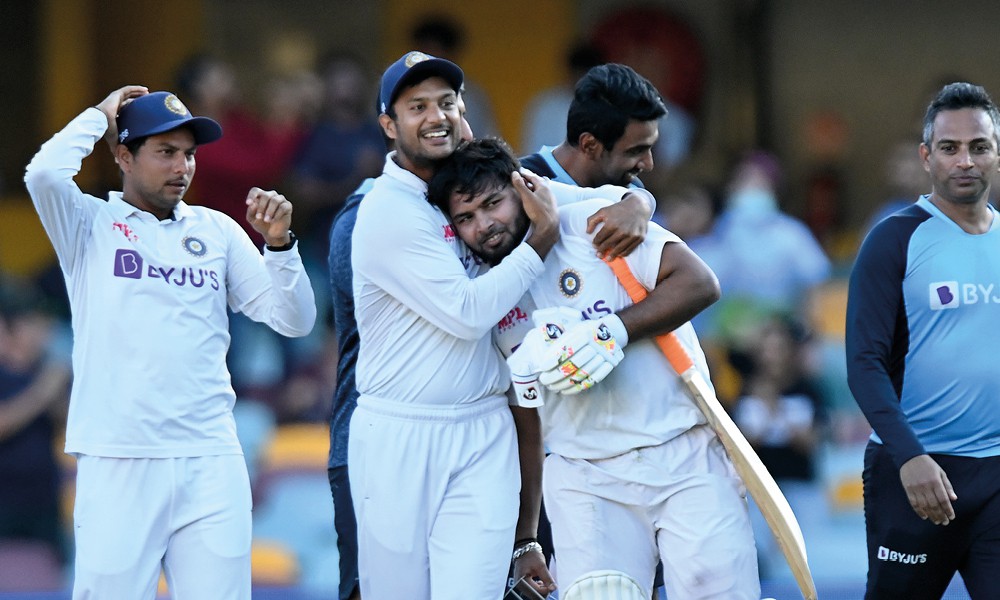You can learn from both success and failure, I have written before, as long as you know why.
Extrapolating guidance from a big win or demotivating loss is dependent upon an honest assessment of what happened, which will include understanding your part in it, but also your opponent’s actions.
A case in point is the recent Test series between India and Australia, a thrilling contest won by India in the shadows of the final day of the series. Unfortunately many commentators – both on the TV and on the couch that faces it – think the series was lost by Australia rather than won by India.
This has led to a cavalcade of condemnation from the usual suspects in the ranks of commentators, and a deluge of opinion/abuse from those decidedly not in the know on social media. The result has been called shameful, devastating and a crisis, with the only offered solutions being that (insert name of captain, player or coach here) should be sacked; naturally, many pundits throw in that they predicted all this at the start of the season.
This is incredibly unfair to all involved, not least the Indian team, which are being denied the credit they should get for a brilliant win in difficult circumstances. The result was incredibly close, and it is worth noting that had Tim Paine taken a very difficult stumping chance in India’s second innings, we would probably be celebrating an Australian win (which the pundits would have also claimed to have predicted at the start).
The bottom line is that the big lesson from this series for Australia is that, sometimes, the other side is just better. That is also a lesson worth learning for all lawyers and law firms, and indeed any business.
When you suffer a setback – be it losing a big case, missing out on a particular tender, or having a client take a lucrative file to another firm – it is natural and wise to look at what might have gone wrong, or been done better. What we cannot do is hit the panic button, assume we are doing everything wrong and immediately begin to change things; before we start to fix anything, it is best to determine whether or not something is broken.
If, for example, a client takes their business to another firm, it may be that it is because they were not happy with the work, and perhaps justifiably so. It might also mean, however, that another firm has offered to complete the work for an unrealistic and uncommercial fee. If your fee structure is correctly set, then it doesn’t need to be changed; a competitor doing work for uncommercial rates will soon cease to be in business – no need for you to join them by matching their rate.
Even the best lawyers and most well-run firms will suffer setbacks and lose cases and clients; it is the nature of the beast. If an analysis reveals the need to change something, all well and good, but sometimes – as with the Test series against India – the other side were just better. In that case, accepting the result, and moving on, is all we can do.













Share this article